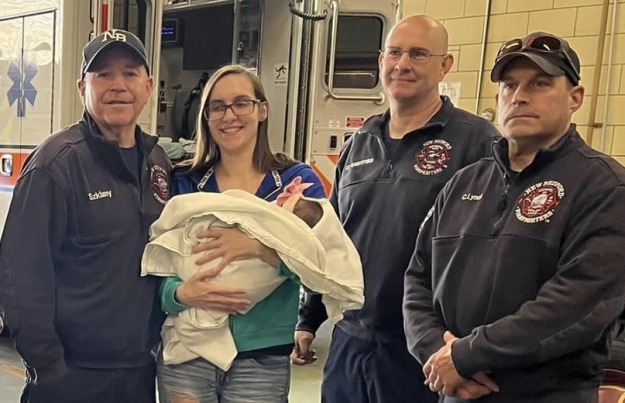Chris Van Buskirk
State House News Service
Two issues could become a focus of negotiations between six lawmakers tasked with finding a compromise on vote-by-mail legislation: application mailing methods and limitations on changing polling locations.
As a new House-Senate conference committee works out its meeting plans, advocates are pointing to the two variations between the House and Senate bills as essential components to a statewide voting-by-mail system.
The bills (H 4778/S 2764) largely do the same things: instruct Secretary of State William Galvin to mail every voter an application for the primaries on Sept. 1 and the general election on Nov. 3. Residents would have three voting options under either bill — showing up to the polls in-person, taking advantage of early voting periods, or voting-by-mail — which both officials and advocates alike say helps address public health concerns regarding physical distancing.
The House bill proposes sending registered voters two separate applications by mail, one on July 15 for the primaries, and another in October for the general election. The Senate bill sends out one mailing on July 15 that includes paperwork for both elections, and also calls for a general election application to be included in the October voter guide.
“We think both options could work and would provide opportunities for voters to participate,” Common Cause Massachusetts Executive Director Pam Wilmot said in an interview. “On the Senate side, I think it was an attempt to save some postage and kind of combining things and making it more efficient. And on the House side … the bill came out of committee with the two-in-one and then Ways and Means changed it to two separate.”
It is unclear how much the state would save by combining applications for the general and primary elections.
Senate Chair of Election Laws Barry Finegold said that House and Senate negotiators do not have a meeting planned yet but that he is “sure it’s going to be soon.” The meetings, typically open to the public for only a short period, are used to hash out differences between the two branches on a particular bill.
“Honestly, I think I think the important thing is the framework has stayed the same of what we’re doing,” he told the News Service Monday. “We’re mailing everyone an application, we’re giving people the chance to vote early, and we’re giving people the chance to vote on election day.”
Conference committee members are Sens. Finegold, Cynthia Creem, and Ryan Fattman, House Elections Chair John Lawn, Rep. Michael Moran, and Rep. Brad Hill.
Lawn (D-Watertown) could not bet reached for comment on Tuesday.
Alex Psilakis, MassVOTE policy and communications manager, said he is focusing on language in the two bills that authorize select boards, town councils, or city councils to alter a polling location prior to the primaries or general elections.
The House bill says local officials must evaluate and report on whether a change in location would have a disparate impact on access based on race, national origin, disability, income, or age, no later than three days prior to the decision. Officials have until 15 days prior to the primary or general election to do so under the House bill.
The Senate codified the language by only allowing such a move to occur if officials made a substantial effort to recruit poll workers and if doing so would not have a “disparate adverse impact on access to the polls on the basis of race, national origin, disability, income, or age.” The Senate gives towns and cities until 20 days prior to either election to do so.
“We don’t want to see polling places close in parts of Boston and the state, you know, that are already struggling to deal with COVID-19 and face an even greater challenge in actually voting,” Psilakis said. “We really want folks to believe that the in-person voting process will be safe, and we believe this element of Senate legislation helps achieve that.”
Both the House and Senate bills also direct the secretary of state to create an online portal system where voters can request an early or absentee ballot. Senate language dictates that the system must be operational on Oct. 1 in time for the November general election and, if possible, for the September primary.
“The online portal requirement is very critical to all of this working because it will reduce the workload for clerks as well as making it more convenient for voters,” Wilmot said. “And the Senate language is a little stronger on that.”
The House passed the bill 155-1 in early June with the Senate unanimously approving its version on June 16 after dispensing with 41 amendments.
“I’m really hoping and I do believe that they’ll sign something before the Fourth of July,” Psilakis said. “I think that’s kind of their own deadline because they’ve got other things they have to worry about now too.”
 New Bedford Guide Your Guide to New Bedford and South Coast, MA
New Bedford Guide Your Guide to New Bedford and South Coast, MA








